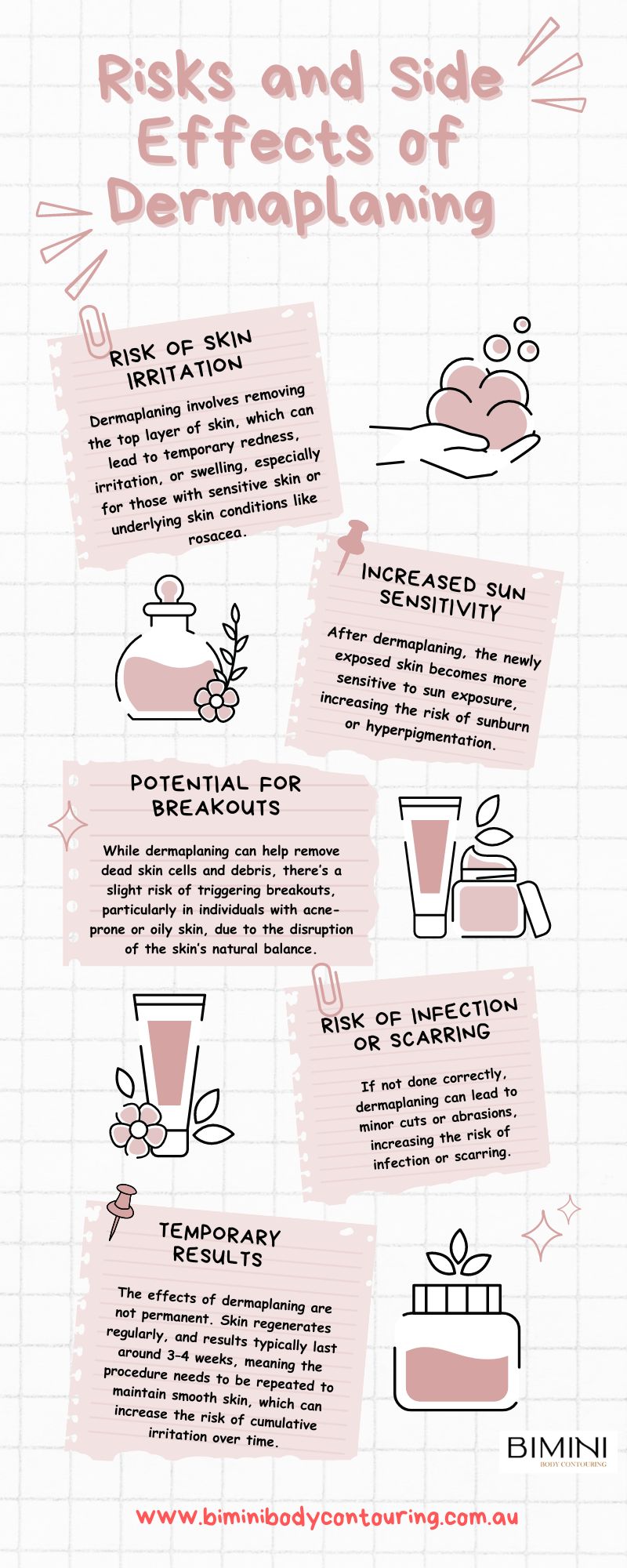As we grow older, our bodies inevitably change. Our skin, once taut and lustrous, gradually loses its firmness and elasticity, becoming lax and saggy - but why is this so? Is it simply down to cruel fate, or can we attribute this to specific lifestyle factors or genetic predispositions? And more importantly, can anything be done to counteract this natural ageing process? In this comprehensive guide, we'll dive deep into the topic of loose skin: why it occurs, how it affects us and most critically, the most effective methods for tightening and rejuvenating this vital organ.
Cosmetic concerns aside, loose skin can sometimes be a symptom of a more serious underlying health issue. It's therefore important to understand the various causes and risk factors associated with skin laxity. Moreover, a plethora of treatments are available today promising to ‘lift’, ‘tighten’, and 'tone' your skin - but which ones are truly effective, and are worth investing in? This article aims to answer these all-important questions.
Remember, while we all strive for perfection and it's natural to yearn for youthful skin, it's equally important to remember that ageing is a normal and beautiful process. Now, let's dive in and examine the crux of skin health and industry-leading skin-tightening methods.

Identifying Skin Laxity
When we talk about skin laxity, we're essentially referring to the loss of skin elasticity due to factors like ageing and sun damage. However, not all loose skin is due to ageing. Rapid weight loss can also lead to skin sagging since the skin doesn't get enough time to retract back to its tightened state. Understanding why loose skin happens and identifying the signs is the first step towards addressing this aesthetic concern.
The Science Behind Skin Elasticity
Our skin is like an elastic band, able to stretch and then retract. This elasticity is mainly due to two key proteins in the dermis (the second layer of skin) – collagen and elastin. This section delves into the scientific understanding of these critical components of our skin, how they contribute to skin health and how their levels deteriorate with time.
Lifestyle Factors Affecting Skin Health
While our skin's elasticity naturally declines with age, certain lifestyle habits can accelerate this process. Smoking, excessive sun exposure, unhealthy diet and lack of exercise are some of the main culprits. In this section, we’ll go into detail about how these habits affect our skin's health and steps we can take to mitigate their effect.
Surgical and Non-Surgical Skin Tightening Treatments
Surgical procedures like body-contouring surgery can effectively eliminate loose skin, especially after massive weight loss. However, these invasive procedures may not appeal to everyone. Thanks to advancements in non-invasive technologies, there are now non-surgical alternatives available, from lasers, ultrasound and radiofrequency treatments to skincare products.
Pros and Cons of Different Treatments
Every method of treatment has its advantages and drawbacks. In this section, we'll provide an analysis of popular skin tightening treatments, considering factors like efficacy, cost, recovery time and potential side effects.
Personal Stories and Product Reviews
Personal stories can offer valuable insights, allowing you to connect with others who have undergone these treatments. Also, we include curated reviews of skin-tightening products and treatments.

Conclusion
The quest for firm, youthful skin is a journey, and it's one that is deeply personal and unique to each individual. The important thing is to understand the factors contributing to skin laxity, make informed decisions about treatment options, and ultimately embrace the natural ageing process with grace and confidence. Whether you choose to pursue surgical intervention, non-invasive treatments or simply stick with topical creams, we hope this comprehensive guide has shed light on the most effective methods for addressing loose skin removal. After all, beauty is more than mere appearances — it is about feeling comfortable and confident in your own skin.

.png)



No comments:
Post a Comment